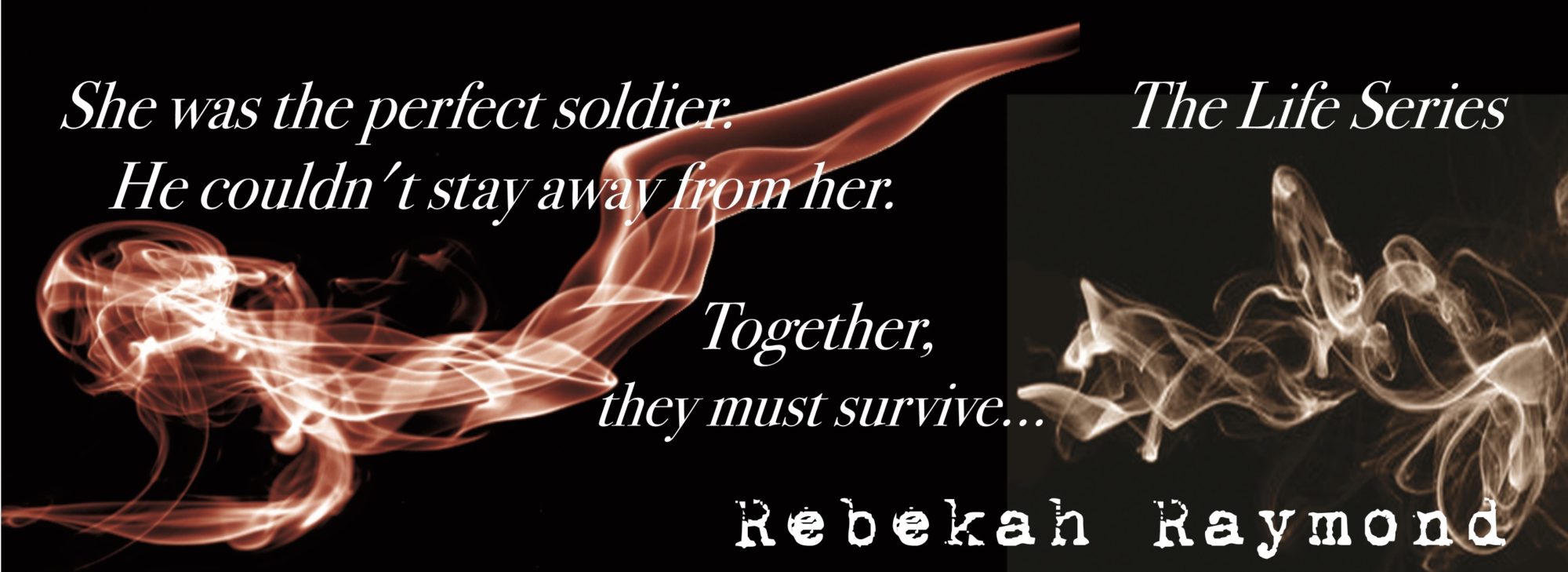This is part 2 of a response to an article I read last month that argued Self-Published authors are, essentially, not authors at all. While it has been a while and the majority of the outrage over this article has died down, I am still posting this second half, more-so as a way to appease my own mind than anything.
Part 1 (ending):
...For an indie, and for many other authors, the time is put in where needed, and the hours simply do not justify the return in the end. But, it satisfies their soul, which is typically why they write. As I said, I’ve been lucky enough to befriend a number of indie and published authors, and I have heard the indescribable defeat in their voices when I’ve asked “what do you think of the process?”. The answer is generally the same. They look away, or sigh, or purse their lips, and answer “It’s alright.”
Alright. Is that really the “best system we have”?
Part 2:
Ms Gough uses an anecdote about Margaret Atwood and a brain surgeon, in which the surgeon says he is going to write a book when he retires, and Atwood responds that she will try brain surgery. Whether or not this anecdote is correct or not is beside the point. I have experienced how easy sites like amazon, Direct2Digital and Book Baby make the publishing process (and it is, on the surface). This, along with today’s ease of technology and encouragement that anyone can use it, and makes self-publishing at everyone’s fingertips.
That is the good and bad point.
Ms Gough is also correct that self-publishing has no gatekeepers. There is no restriction stating an indie must have had their book reviewed by an editor. Despite knowing nothing about design they can partake of the many cover editors and create their own image. And this, against many people’s opinion, can be of detriment to both the indie and the publishing world. I have read many books now that lacked these factors, and it shows. But, to sensor authors by making them prove their editor is valid and cover designer has more experience than just knowing photoshop, that would be detrimental as well. But I will say, the indie books I have read that are phenomenal are all ones that have employed these outside services.
To her point about self-published books being labelled as such, I have no problem with this. After all, most of the readers I meet have no problem with self-published works. Without the filter of the Big Five telling us what is good, a reader can find amazing diamonds hidden in every genre. When Author Earnings looked at the daily unit book sales, it showed for “every reader discovering a new Big Five author, there are literally dozens of readers finding brand new indie authors and Amazon-imprint authors they enjoy.” For $0.99 books, we’re talking roughly 35,000 indie sales vs under 5,000 for the Big Five and Small/Medium Publishers combined. I don’t hesitate to tell people I am self-published. I am a proud Indie author and would have no qualms with having to list my books as such.
The impressive part is these numbers are actually a downturn for Indies from 2014. Author Earnings acknowledges much of this change in statistics could be due to a flip in tactics by big name retailers like Amazon in what they will allow for promotions, reviews, and the increasingly popular discount sites like BookBub.
Small/Medium Publisher authors are now “running neck-to-neck with the Big Five” (Author Earnings) and still Indies are competitive with the traditional publishing platform.
Now, when she started receiving emails from readers of her article, Ms Gough stated that he was sorry for the article, and that she had neglected to mention that she was Canadian, and as such, she “had no idea that self-publishing in the U.S. had taken off the way the way it has (not so in Canada where it’s still very small.)” (Hunt, Joe). As a Canadian myself, I find this somewhat appalling.
Before I ended my contract with my small publisher for my first book, I did a lot of research on google and through my expanding contacts on what options I had. There was the obvious – try to get an agent and query other publishers, or self-publish. And, I quickly realized, self-publishing is not restrictive to where you live. Many of the authors I have now met are self-published and live in the US and Canada. Ignorance by geography seems quite the cop-out, especially for someone Like Ms Gough who has been in the literary world as an author since 1998.
Now, unlike blogger Joe Hunt, I will accept Ms Gough’s written apology from the facebook plug-in on HuffPost. Why? Because just like her obliviousness to the value and hard work of Indie Authors in general, Ms Gough was uninformed. This was entirely her fault, I don’t deny that. But, this article also brought to life many opinions, and gave self-published authors and supporters of them, a platform from which to jump and state their case. And, like in any important issue, points are best made when there is an opposition to spring off.
So, unlike Joe Hunt and the thousands (or more) Indie Authors, readers and supporters who were spurned, I am offering Ms Gough this: Thank you.
Without your admitted ignorance, this would not have been brought quite to life.
And with that I return to my opened manuscript, ready to put into my apprenticeship once more.
Original Source Credit:
Gough, Laurie. “Self-Publishing: An Insult to the Written Word.” Huffington Post, 2016, http://www.huffingtonpost.com/laurie-gough/selfpublishing-an-insult-_b_13606682.html. Accessed 28 Dec. 2016.
Additional Credit:
Hunt, Joe. “HuffPost Blogger Attacks Self-Published Authors!” Joe Hunt, 2016, http://www.itsjoehunt.com/huffpost-blogger-attacks-self-published-authors/. Accessed 1 Jan 2016.
“October 2016 Author Earnings Report: A Turning of the Tide…?” Author Earnings, 2016, http://authorearnings.com/report/october-2016/. Accessed 1 Jan. 2016.
